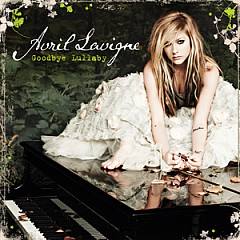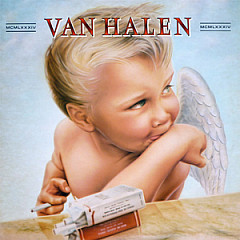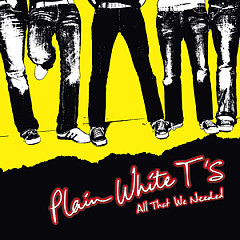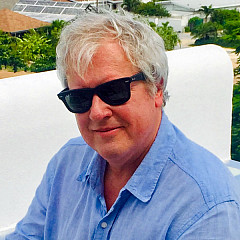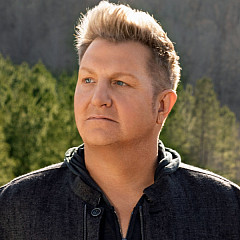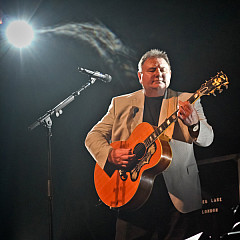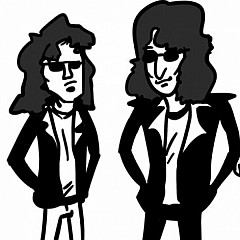His birth name is Steven Demetre Georgiou, but he took the very cool stage name Cat Stevens when he released his first single, "
I Love My Dog," at 18. Those who knew him continued to call him "Steve" at his request.
He became a Muslim and changed name to Yusuf Islam in 1977 after his brother gave him a copy of the Koran. The name comes from the prophet Joseph, who was interpreter of dreams.
A talented artist, he drew the images used on his albums Mona Bone Jakon, Tea For The Tillerman, and Teaser And The Firecat.
He breaks his songs down into these categories:
Children and Relationships
Faith and Spirituality
Instrumental
Love and Loneliness
Nature
Peace, Harmony, and Freedom
Quest and Time
Stories and Musicals
Strangeness
The World
Stevens was born and raised in London, where he lived with his parents above a restaurant they owned called the Moulin Rouge. He worked there until he got his first record deal at 17.
In a strange twist, the initial script of the 2001 movie
Moulin Rouge included a scene using his song "
Father And Son," but he refused permission because his Muslim beliefs clashed with the risqué film.
In 1967, when he was 18, he had three chart hits in the UK: "
I Love My Dog," "
Matthew And Son" and "
I'm Gonna Get Me A Gun." None of them had much impact in America, where he didn't catch on until 1971 after his fourth album,
Tea For The Tillerman, was released. Many Americans who discovered him dug into his back catalog, earning his previous albums chart placements that year. His US fanbase quickly outgrew his UK audience.
Long a proponent of peace, Yusuf Islam turned off many longtime fans in 1989 when he
supported the call for Salman Rushdie's execution for defaming the Prophet Mohammad in the book
The Satanic Verses. Islam said he was simply following the Koran, but his support for the fatwa was hard to reconcile. It was a huge controversy that did seemingly irreversible damage to his image, but Islam doubled down on his peace initiatives, like trying to personally deliver money to refugees in Kosovo in 1998, and he gradually rebuilt his reputation.
He has five children with his wife, Fauzia, whom he entered into an arranged marriage with in 1979.
in 1968, he got tuberculosis. After a long recovery, he started writing less commercial and more introspective songs. Cat Stevens recalled to Mojo: "I was smoking a lot. Dope as well but mostly cigarettes. So then along came this disease and I was stuck with it. It was a kind of godsend in a way for me. That period was my blossoming into who I wanted to be."
In 1979, he auctioned off his guitars and gave the money to charity in an effort to show his devotion to Islam.
In 1990, he set up a "peace camp" in Baghdad and negotiated the release of four English prisoners from Iraq in the lead-up to the Gulf War. He was hoping to open lines of communication and prevent a conflict, but was unsuccessful in that regard.
He organizes and supports Muslim schools in England through a trust he established that's funded by his royalties. The first was the Islamia School, which opened in 1983 in London and became the first Muslim school in England to receive government funding.
In 2001, he released a boxed set containing 79 tracks, most of which he recorded before he became a Muslim. He donated the proceeds to charity in light of the terrorist attacks on America.
His parents were Stavros, who was Greek, and Ingrid, who was Swedish. When he converted to the Islamic religion, he was going against his family's faith, which ticked them off.
>>
Suggestion credit:
Annabelle - Eugene, OR
Yusuf Islam explained to Uncut magazine regarding his Cat Stevens stage name: "My girlfriend at that time, Christine, said to me one day, 'You look so much like a cat.' That kind of stuck. At the same time there were films around like What's New Pussycat? and Cat Ballou."
"So, yeah, it just stuck and then I just kept my first name, Steven and tagged Cat on to it."


